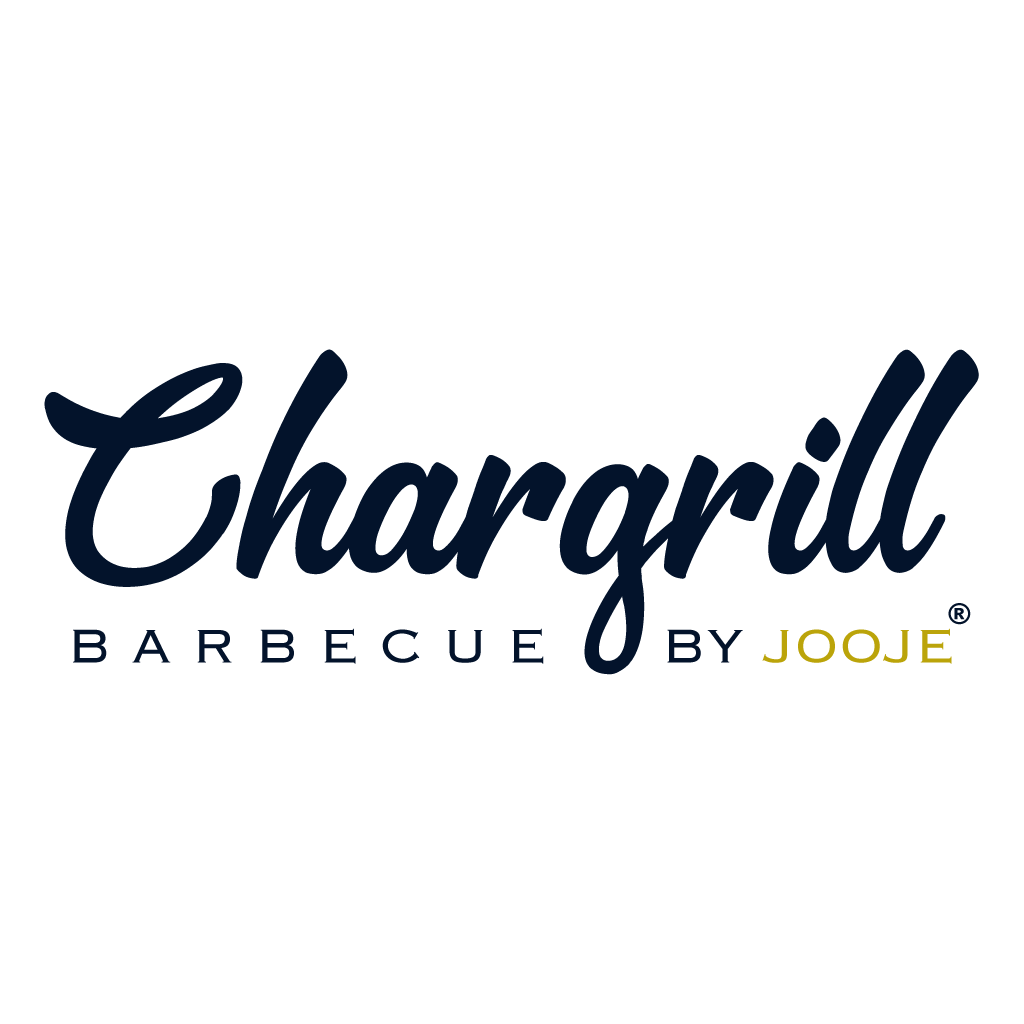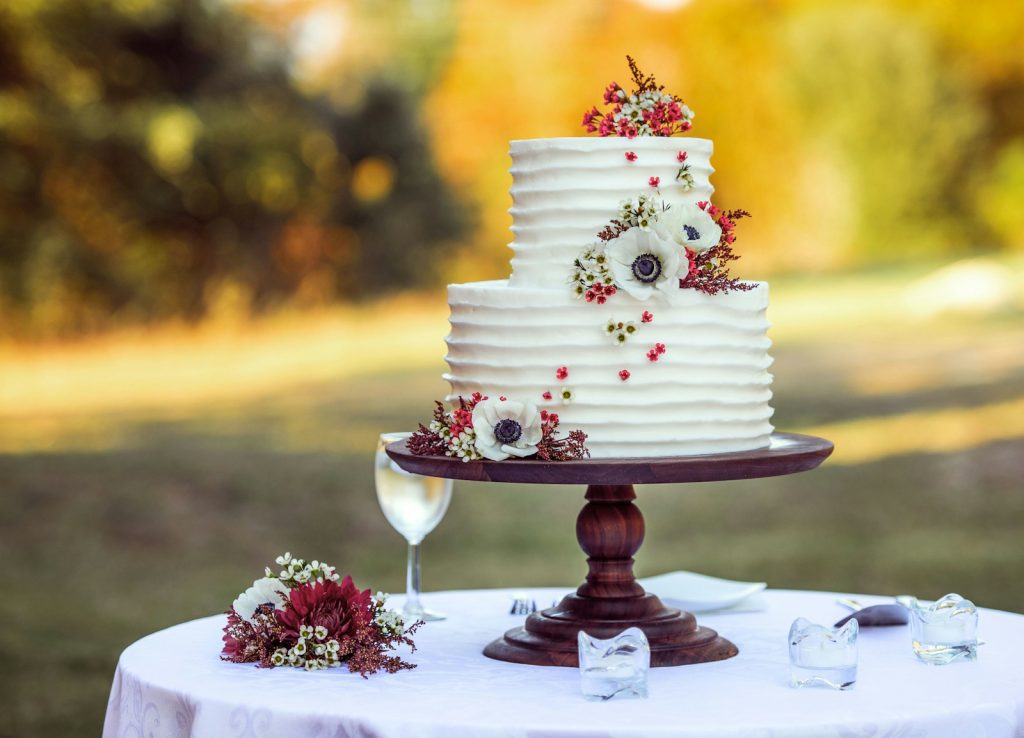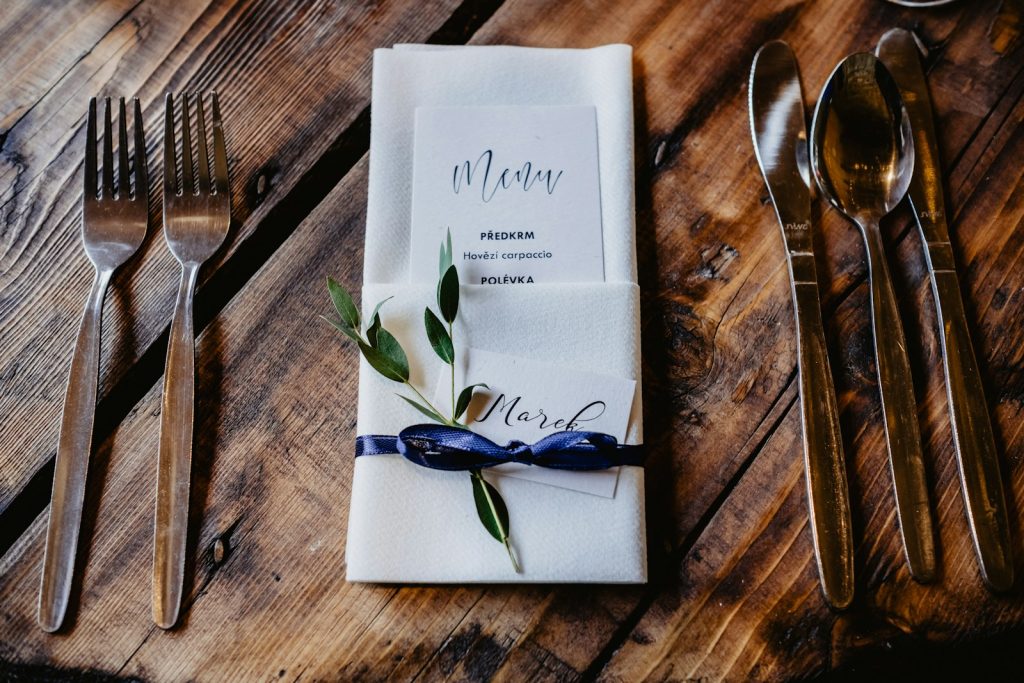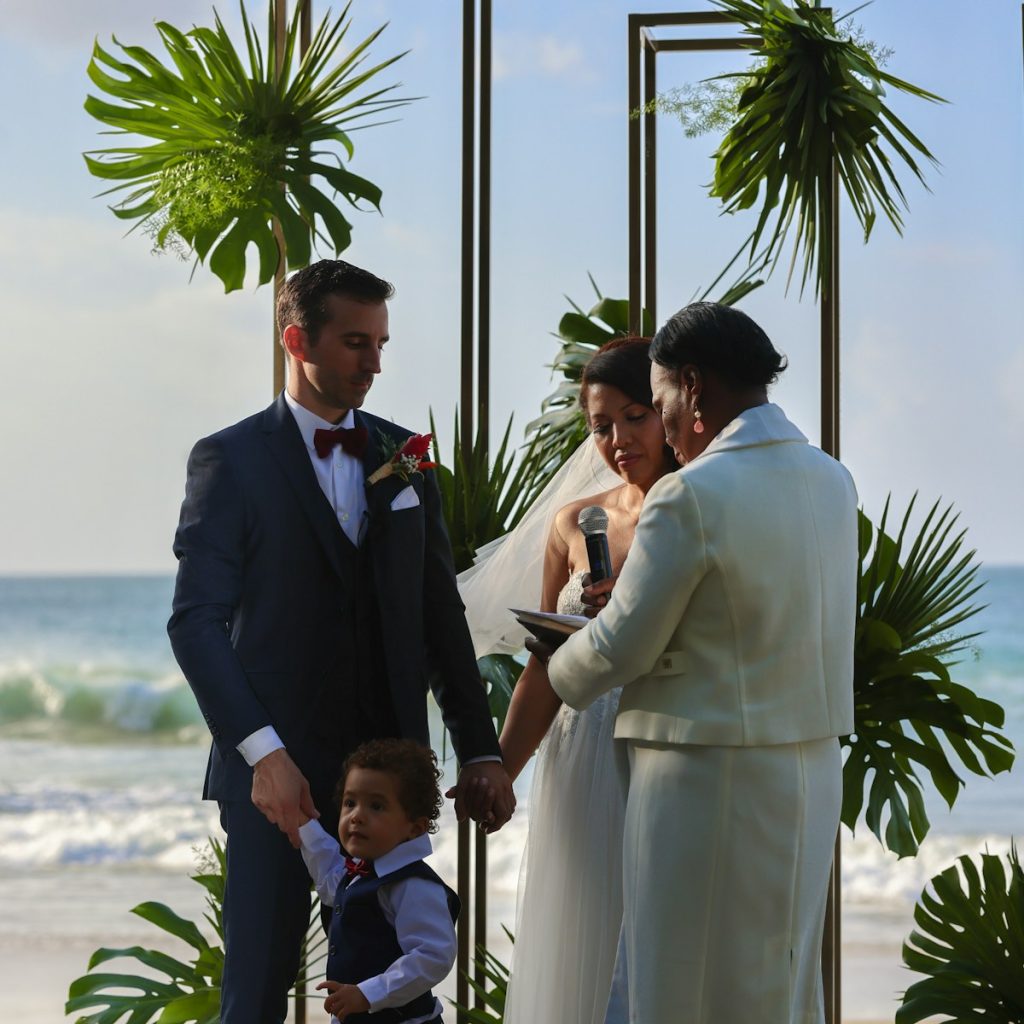Discover the ultimate guide to budgeting for wedding catering. Get expert tips, detailed cost breakdowns, and practical money-saving strategies to plan your Elegant Wedding Catering feast without overspending. Planning a wedding is an exciting yet challenging endeavor, especially when it comes to budgeting for catering. This guide will provide you with a comprehensive overview of how to effectively budget for wedding catering, highlighting key factors that influence costs and offering practical tips to help you Save Money on Wedding Catering without compromising on quality.
With numerous factors influencing the overall expense, we will help you navigate through average costs, money-saving tips, and expert advice, ensuring you can plan your wedding catering without breaking the bank. From plated dinners to Custom Wedding Buffet Menus, we will explore various strategies to keep your budget in check while providing a memorable experience for your guests.
Budgeting for wedding catering is crucial to ensure you stay within your overall wedding food budget. Catering costs can quickly escalate if not carefully managed. Let’s will walk you through the key factors influencing catering costs, provide a detailed cost breakdown, and offer Budget-Friendly Wedding Catering Ideas and strategies to save money.
Understanding Wedding Sizes and their costs
Before diving into the specifics of catering, it’s important to define what constitutes small, medium, and large weddings. Each Wedding Size Catering Strategies comes with its own set of challenges and opportunities, and understanding these can help you learn how to plan wedding more effectively.
- Your wedding is probably categorised as:
- Small Weddings: Typically, a small wedding has up to 50 guests. These intimate gatherings allow for more personalized service and detailed attention.
- Medium-Sized Weddings: These weddings generally have between 50 to 150 guests, striking a balance between intimacy and scale.
- Large Weddings: Large weddings include over 150 guests and require extensive planning and resources to manage the significant number of attendees.
- Importance of Understanding Wedding Sizes:
- Helps in precise menu planning and portion control.
- Influences staffing and equipment needs.
- Affects the overall budget and logistics.
Calculating Catering Costs
In Wedding Catering Pricing Guide we provide you with a a comprehensive table that details the understanding of wedding sizes and their respective catering costs:
| Wedding Size | Guest Count | Key Considerations | Menu Ideas | Estimated Cost per Person | Total Estimated Catering Cost |
|---|---|---|---|---|---|
| Small | Up to 50 | – Personalized service – Detailed attention – Gourmet options | – Artisanal Cheese Platters – Seared Scallops – Sushi Bar – Filet Mignon | $30 – $50 | $1,500 – $2,500 (based on 50 guests) |
| Medium | 50 – 150 | – Balance of variety and volume – Moderate complexity | – Buffet Style (Roasted Chicken, Vegetarian Lasagna, Fresh Salads) – Family-Style – Cocktails Reception | $20 – $35 | $1,000 – $5,250 (based on 50 to 150 guests) |
| Large | 150+ | – Extensive planning – Bulk preparation – Multiple service points | – Buffet Stations (Italian, Asian, Mexican) – Plated Fine Dining Wedding Catering – Dessert Stations | $25 – $40 | $3,750+ (based on 150+ guests) |
- Small Weddings: Costs are higher per person due to the personalized and gourmet nature of the catering. Total estimated costs are calculated based on the maximum guest count of 50.
- Medium Weddings: These offer a balance between cost and variety, with more moderate per-person costs. Total estimated costs are based on a range from 50 to 150 guests.
- Large Weddings: Economies of scale allow for a lower per-person cost, but the overall budget is higher due to the larger number of guests. Total estimated costs start from 150 guests and increase accordingly.
This table provides a clear overview of the different wedding sizes, key considerations for each, popular Wedding Reception Menu Tips and ideas, and the associated catering costs, helping in planning a wedding on budget for your event.
One of the first steps in Planning Wedding Catering on a Budget is understanding the average costs involved, even when working with the Best Wedding Catering Services. The Cost Per Person for Wedding Catering can vary significantly based on the type of service and menu you choose.
| Service Styles | Average Cost Per Person |
|---|---|
| Sit-Down Dinner | $40 – $70 |
| Buffet | $27 – $50 |
| Food Stations | $25 – $45 |
| Cocktail Reception | $20 – $40 |
Example:
- For a wedding with 100 guests, choosing a buffet style can save you at least $1,300 compared to a sit-down dinner.
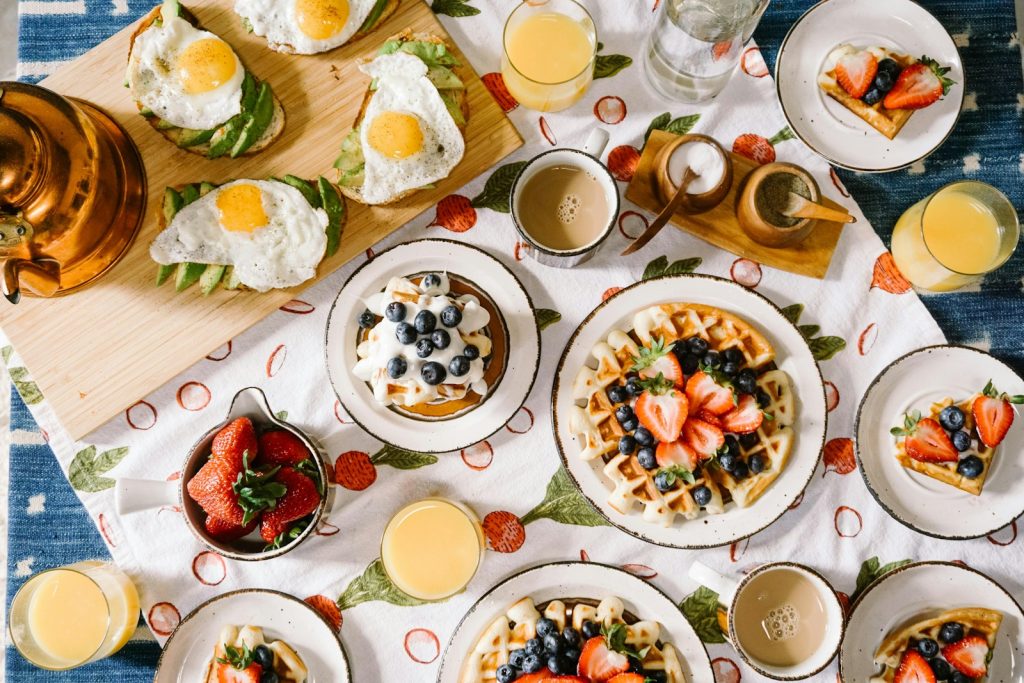
Key Factors Influencing Wedding Catering Costs
Several factors can influence the overall cost of wedding catering. Understanding these can help you answer the essential question of How to budget for wedding catering and make informed decisions.
- Menu Selection:
- Elaborate gourmet menus are more expensive than simpler options.
- Opt for chicken or turkey instead of filet mignon or lobster to save costs.
- Service Style:
- Sit-down dinners require more staff, increasing labor costs.
- Buffets or food stations are generally more cost-effective wedding menus.
- Season and Location:
- Weddings in peak seasons and high-demand locations often have higher prices.
- Consider an off-peak season or a weekday wedding to save money.
- Special Dietary Requirements:
- Accommodating vegan, Gluten-Free Wedding Menu Ideas, or other dietary needs that is offered by Allergy-Friendly Catering may incur additional costs.
- Ensure all guests can enjoy the meal by including a variety of options.
- Additional Services:
- Rentals for glassware, tableware, and linens can significantly increase costs.
- Discuss these details with your caterer to understand what’s included in their package.
- Guest Count
The number of guests significantly impacts your catering costs. Each additional guest adds to the total expense, so it’s essential to finalize your guest list early. - Venue and Location:
- Urban venues typically have higher costs compared to rural locations. Venues with in-house catering may offer bundled packages that can save money.
- Sit-Down Meals: The most popular and formal option, costing between $100 and $200 per guest, including multiple courses and extensive staff requirements.
- Buffet Style: More economical, ranging from $50 to $100 per guest, offering variety and flexibility.
- Food Stations and Food Trucks: Action station catering is i nteractive and trendy, costing between $50 and $75 per guest. These options like Gourmet food trucks for weddings provide unique dining experiences and can be cost-effective.
Let’s review the Detailed Cost Breakdown
To budget effectively, you need to understand the components of wedding catering costs.
| Component | Average Cost | Notes |
|---|---|---|
| Food Costs | $50-$100 per person | Depends on menu selection (appetizers, main courses, desserts) |
| Beverage Costs | $15-$50 per person | Open bar vs. limited bar vs. cash bar |
| Service Charges | 15-20% of total | Includes gratuities, staffing fees |
| Additional Fees | Varies | Rentals for glassware, tableware, linens |
| Wedding Cake | $500-$1,000 | Average cost, may include cutting and serving fees |
Food Costs
Your menu selection greatly influences your food costs. Traditional Wedding Catering in Buffets and family-style meals are generally more affordable than plated dinners.
Beverage Costs
Beverage costs can add up quickly. An open bar, where guests can order any drink, is the most expensive option. A limited bar, offering only beer, wine, and a few Custom Cocktails for Weddings, is more budget-friendly.
Service Charges
Service charges typically include gratuities and staffing fees. It’s common to tip 15-20% of the total catering bill.
Additional Fees
Don’t forget to factor in the cost of rentals, such as glassware, tableware, and linens. These items may be included in your catering package, but it’s essential to confirm with your caterer.
Wedding Cake
The Trending Wedding Cakes is often a separate expense from the main catering. The cost can vary based on the cake’s size, flavor, and design.
Hidden Costs in Wedding Catering
Even with thorough planning, some costs can catch you by surprise. Here are some hidden costs to watch out for:
- Corkage Fees: If you bring your own alcohol, some popular wedding venues in Gold Coast charge corkage fees.
- Service Charges: Additional charges for extra staff, clean-up, and gratuities.
- Rentals: Costs for tents, dance floors, and other equipment.
- Tipping: Allocate around 15-20% of your catering bill for gratuities.
Cost Breakdown and Additional Fees
- Food and Beverages:
- Beverages, including alcohol, can add significantly to the cost. An open bar might cost an additional $20 to $40 per guest.
- Staffing:
- Service fees generally add about 20% to the catering bill. It’s important to factor in gratuities, typically 15-20% of the total cost.
- Rentals:
- Costs for tableware, glassware, and linens can range from $5 to $15 per person if not included in the catering package.
- Hidden Fees:
- Corkage Fees: If you bring your own alcohol, expect to pay $10 to $20 per bottle.
- Delivery and Setup: These can add $50 to several hundred dollars depending on logistics.
Average Wedding Catering Costs in Australia V.S USA
Planning a wedding in Australia involves understanding various costs, including catering, which can vary significantly based on location, style, and guest count. Here’s a detailed breakdown when calculating wedding catering costs across different states in Australia:
- National Averages:
- The average cost of wedding catering in Australia is approximately $9,891, which translates to about $100 per guest for a standard sit-down meal. This figure includes the costs for food, beverages, staffing, and basic rentals.
- State-Specific Costs:
- Victoria: Couples spend the most on catering, with an average of $12,330. This is due to the high demand for quality and variety in food services.
- Western Australia: Average Wedding Catering Cost Breakdown are around $10,784, reflecting a growing trend like global Fusion Cuisine or going towards gourmet and rustic styles.
- New South Wales: The average cost is approximately $9,213, influenced by the diverse catering options available.
- Australian Capital Territory (ACT): Couples spend about $11,065, highlighting a preference for elaborate and premium catering services.
- South Australia: The average cost is about $6,322, making it one of the more affordable regions.
- Queensland: Known for budget-friendly options, the average cost is around $5,754.
- Tasmania and Northern Territory: Costs are similar to the national average, providing a balance between affordability and quality.
By understanding these factors and implementing cost-saving strategies, you can effectively manage your wedding catering budget in Australia, ensuring a memorable and enjoyable experience for you and your guests. On the other hand in the USA, understanding the average costs involved in wedding catering is the first step toward effective budgeting. On average, couples in the United States spend about $4,000 on wedding catering, but this number can vary widely depending on several factors. Here’s a detailed breakdown:
- National and Regional Averages
- National Average: $4,000Urban Areas: Higher costs due to higher living expenses. For instance, Catering for small weddings in New York City or Los Angeles might exceed $200 per guest.
- Rural Areas: Low-Cost Wedding Catering Options, sometimes as low as $50 per guest.
- Breakdown of Costs Per Guest
- Plated Meals: $100 – $200 per guest. This formal dining experience involves multiple courses and requires more staff, increasing costs.
- Buffet Style: $50 – $100 per guest. Themed Buffet Inspiration are generally more economical and offer a variety of options.
- Family-Style Meals: $70 – $150 per guest. This option provides a relaxed atmosphere with shared dishes.
- Food Stations: $50 – $75 per guest. Food stations can be cost-effective and allow for a customizable dining experience.
- Additional Costs
- Beverages: An open bar can add $20 – $40 per guest, while a cash bar may reduce costs significantly.
- Service Fees: Typically, service fees add about 20% to your total catering bill.
- Rentals: Tableware, glassware, and linens can add $10 – $30 per guest.
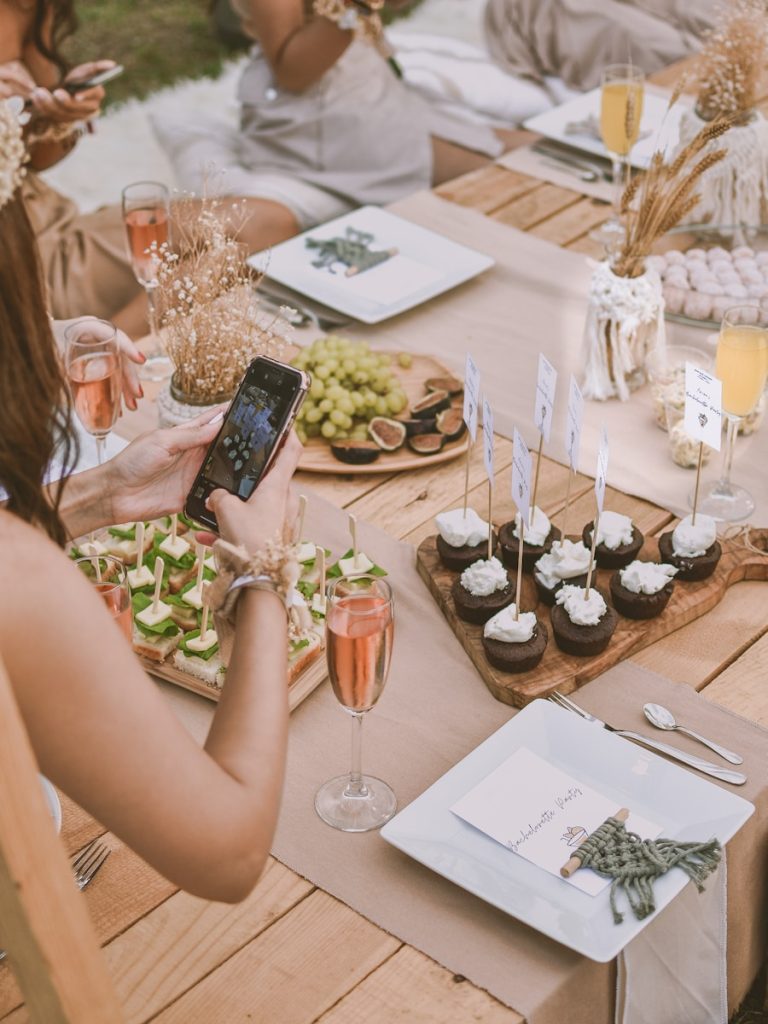
Cost-Saving Tips
Saving money on wedding catering doesn’t mean sacrificing quality. Here are some practical tips:
- Opt for a Brunch or Lunch Reception
- Hosting a wedding brunch or lunch is considered low-cost wedding catering and can be significantly cheaper than a dinner reception. Breakfast and lunch foods tend to be less expensive, and you might also save on alcohol costs. For instance, consider serving a breakfast buffet with items like omelets, pancakes, and fresh fruits, which are generally more affordable option than a multi-course dinner.
- Choose a Less Formal Dining Style
- Casual dining options like food trucks or BBQ catering can be budget-friendly and offer a unique experience for your guests. Food trucks, for example, can provide a variety of cuisines and typically cost between $10 – $25 per guest.
- Select Seasonal and Local Ingredients
- Using ingredients that are in Seasonal and Locational Impact on Costs can lead to reducing wedding Catering Costs. Local caterers often have better deals with local suppliers, ensuring fresh and Affordable Wedding Catering options. For example, opting for a summer wedding menu featuring local fruits and vegetables can be both cost-effective and delicious.
- DIY Beverage Stations
- Instead of an open bar, consider setting up a DIY beverage station with pre-mixed signature cocktails, wine, and beer. This can significantly cut down on costs while still providing a variety of drink options for your guests.
Budget Allocation
Allocating your budget effectively can help ensure you cover all necessary expenses without overspending. Here’s how to distribute your wedding budget:
- How to Allocate Your Wedding Budget
- It’s recommended to allocate about 40% of your overall wedding budget breakdown to catering and venue costs combined. This allocation ensures that you prioritize food and venue, which are central to the wedding experience.
- Prioritizing Catering Within Your Overall Budget
- Prioritize what’s most important to you. For some, it’s the quality of the food; for others, it might be the presentation or service style. Determine your must-haves and allocate funds accordingly. For instance, if gourmet food is a priority, consider simplifying the decor to balance the budget.
- Example Budget Breakdown
- If you have a total budget of $20,000:
- Venue & Catering: $8,000
- Photography: $3,000
- Attire: $2,000
- Flowers & Decor: $2,000
- Entertainment: $2,000
- Miscellaneous: $3,000
- If you have a total budget of $20,000:
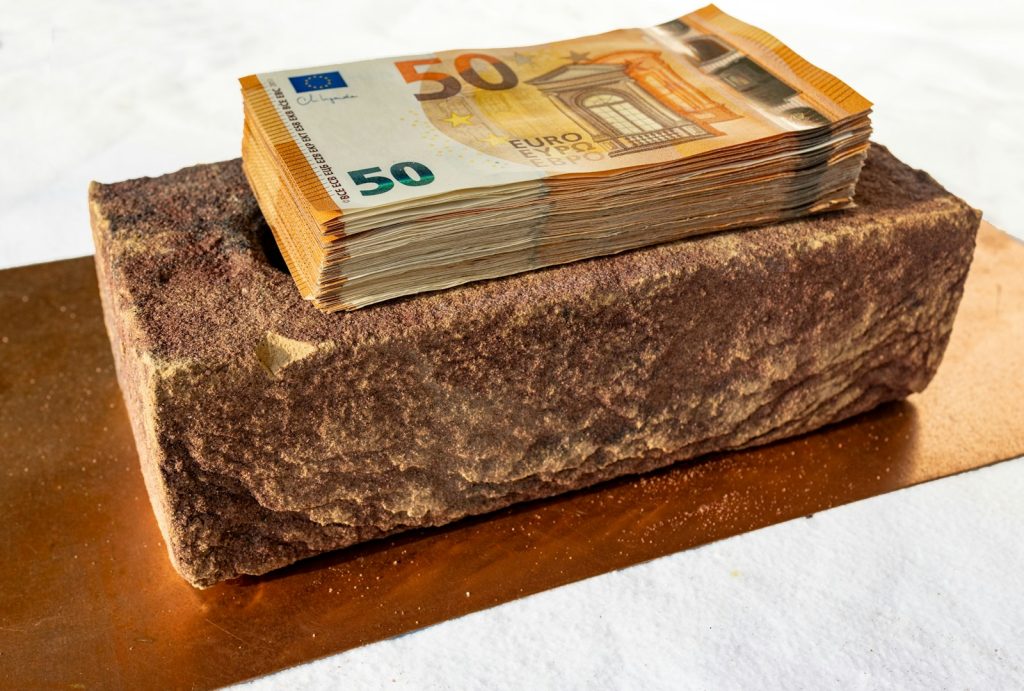
Beware of the Unpredictable fees to Consider
Don’t forget to factor in these often overlooked expenses:
- Corkage Fees
- If you’re providing your own alcohol, be aware that many venues charge a corkage fee, which can range from $10 to $20 per bottle. This fee covers the service of opening and serving the wine, as well as potential liabilities.
- Rentals for Tableware and Glassware
- Some caterers include these in their packages, but if not, you’ll need to budget for rentals. These costs can add up quickly, with prices ranging from $5 to $15 per person for basic tableware and glassware.
- Service and Gratuity Charges
- Service charges can add 20% or more to your catering bill, so make sure to ask about these fees upfront. Additionally, plan to tip your catering staff 15-20% of the total bill, as gratuity is often not included in the service charge.
- Delivery and Setup Fees
- Ensure you understand any additional fees for delivery and setup, which can range from $50 to several hundred dollars depending on the complexity and distance.
Reviewing these examples can provide valuable insights into budgeting for wedding catering.
| Wedding Scenario | Budget-Friendly Solution |
|---|---|
| Large Guest List | Opted for a buffet with BBQ and pasta stations, saving on service costs |
| Small, Intimate Wedding | Chose a family-style meal with locally-sourced ingredients, reducing per-plate costs |
| Outdoor Wedding | Hired a food truck serving tacos and burgers, offering a fun and affordable dining option |
DIY and Alternative Options
Considering DIY or alternative catering options can save you money and add a personal touch to your wedding.
- Self-Catering Pros and Cons
- Pros: Significant cost savings, complete control over the menu, personal touch.
- Cons: Requires extensive planning and coordination, potential for high stress, need for reliable helpers.
- Example: A DIY taco bar can cost around $10 per guest, compared to $20 – $30 for a catered version.
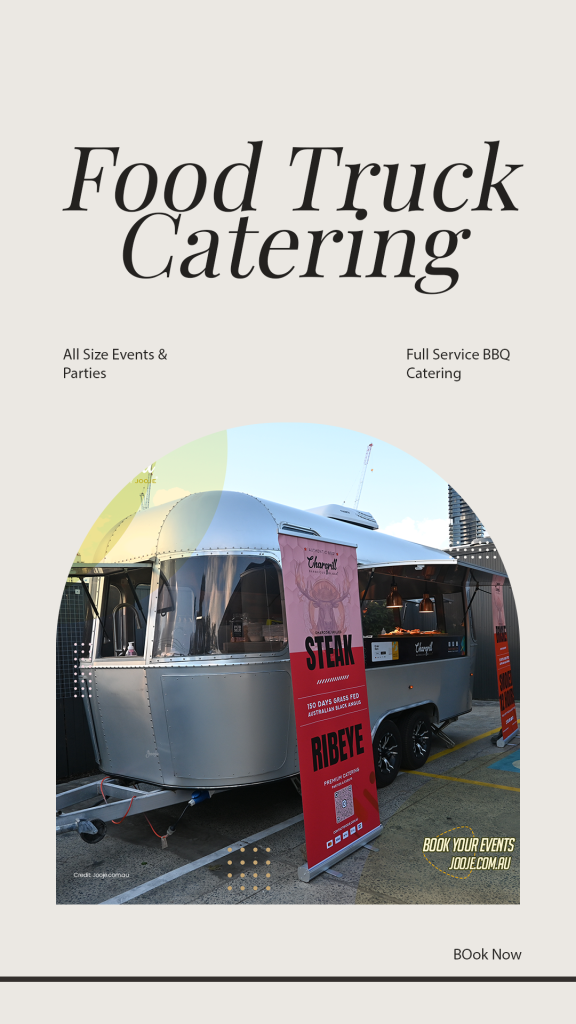
Hiring Food Trucks or Casual Dining Options
A Budget-Friendly Wedding Menu Tips would be hiring food trucks or casual dining options can be a unique and budget-friendly way to cater your wedding. Here’s how to leverage these options:
- Advantages of Food Trucks
- Cost-Effective: Food trucks generally cost between $10 and $25 per guest, significantly less than traditional catering.
- Variety: They offer a range of cuisines, from tacos to gourmet grilled cheese, allowing you to cater to different tastes.
- Novelty: The presence of food trucks can add a fun and casual atmosphere to your wedding, making it a memorable experience for guests.
- Considerations
- Venue Restrictions: Ensure your venue allows food trucks and has the necessary permits.
- Weather: Outdoor events may be impacted by weather, so have a backup plan.
- Logistics: Plan for the placement of trucks, queuing systems, and how guests will access food without long waits.
- Example Costs and Menus
- Taco Truck: $10 – $15 per guest for a selection of tacos, sides, and beverages.
- BBQ Truck: $15 – $20 per guest for pulled pork, ribs, sides, and drinks.
- Gourmet Sandwich Truck: $10 – $25 per guest for a variety of sandwiches, salads, and desserts.
| Food Truck Type | Average Cost per Guest | Sample Menu Items |
|---|---|---|
| Taco Truck | $10 – $15 | Tacos, sides, beverages |
| BBQ Truck | $15 – $20 | Pulled pork, ribs, sides, drinks |
| Gourmet Sandwich Truck | $10 – $25 | Sandwiches, salads, desserts |
Post-Wedding Considerations
Don’t forget to budget for post-wedding expenses like the honeymoon and gratuities for your vendors.
- Honeymoon Budget: Allocate funds for travel, accommodation, and activities.
- Gratuities: Plan to tip your catering staff and other service providers appropriately
Vendor Selection is essential in budgeting
Choosing the right caterer is crucial for a successful event. Here are some tips:
- Research and Reviews
- Look for caterers with positive reviews and a solid reputation. Websites like The Knot, WeddingWire, and Yelp can provide insights from other couples’ experiences.
- Request references and follow up with past clients to hear firsthand about their experiences.
- Questions to Ask Potential Vendors
- Experience: How many weddings have you catered? Do you have experience with events of my size and style?
- Packages: What’s included in your catering packages? Are there any additional fees?
- Menu Customization: Can you accommodate dietary restrictions and preferences? Do you offer tastings?
- Importance of Tastings and Menu Customization
- Schedule a tasting to ensure the food meets your expectations. This is also an opportunity to discuss menu options and customization.
- Customizing the menu allows you to tailor the food to your tastes and ensure all guests have options they will enjoy.
Final Checklist
To ensure nothing is overlooked, use this checklist:
- Confirm Details with Your Caterer
- Finalize the menu and guest count at least one month before the wedding.
- Ensure all dietary restrictions and special requests are communicated.
- Coordinate with Your Venue
- Verify that the venue has all necessary facilities for your caterer, such as a kitchen or prep area.
- Confirm delivery and setup times to avoid any logistical issues on the day of the event.
- Plan for Unexpected Costs
- Set aside a contingency budget (about 10-15% of your total catering budget) for any unexpected expenses that may arise.
- Confirm the total cost, including service charges, taxes, and gratuities, to avoid surprises.
- Create a Timeline
- Develop a timeline for the day, including when food will be served, to ensure smooth operations.
- Coordinate with other vendors, such as your DJ or band, to synchronize meal times with key moments like speeches or dances.
| Task | Timeline |
|---|---|
| Finalize Menu and Guest Count Management | 1 Month Before Wedding |
| Confirm Venue Facilities | 2 Months Before Wedding |
| Set Aside Contingency Budget | Throughout Planning Process |
| Develop Day-of Timeline | 1 Month Before Wedding |
Although we have covered the basics in Wedding Catering Explained, By following this comprehensive guide, you’ll be well-prepared to budget for your wedding catering effectively, ensuring your big day is both memorable and affordable. Careful planning, strategic vendor selection, and cost-saving measures can help you manage your wedding catering budget without sacrificing quality or guest satisfaction.
How can I effectively budget for wedding catering?
Budgeting for wedding catering involves understanding various cost factors such as menu selection, service style, season, and location. It’s important to prioritize your needs, consider cost-saving tips, and allocate your overall wedding budget effectively. A detailed cost breakdown can help you manage expenses and avoid hidden costs.
What are some money-saving strategies for wedding catering?
Some effective money-saving strategies include opting for a brunch or lunch reception, choosing a buffet or food station service style, using seasonal and local ingredients, and setting up DIY beverage stations. These options can significantly reduce costs without compromising the quality and experience of your wedding catering.
What are the typical costs associated with different wedding catering service styles?
Different service styles have varying costs:
- Sit-Down Dinner: $40 – $70 per person
- Buffet: $27 – $50 per person
- Food Stations: $25 – $45 per person
- Cocktail Reception: $20 – $40 per person Choosing the right service style based on your budget and preferences can help manage overall catering expenses.
What are the hidden costs in wedding catering that I should be aware of?
Hidden costs in wedding catering can include corkage fees for bringing your own alcohol, additional service charges, rentals for tableware and glassware, and delivery and setup fees. It’s important to discuss these potential expenses with your caterer to avoid surprises and ensure they are included in your budget.
